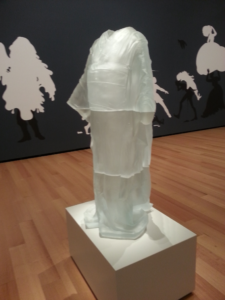Everyone Knows Memory Fails as You Age. But Everyone Is Wrong.
Kristen Sparrow • January 14, 2020


I have read this same take before. That we have more memories as we age, so we eventually get to the answers. I observe this in my 20 and 30 something children. They forget things every bit as much as I do. It’s hard to know about the ability to for pattern recognition, but I’ve certainly seen that to be the case anecdotally. So take heart seniors!
In the absence of brain disease, even the oldest older adults show little or no cognitive or memory decline beyond age 85 and 90, as shown in a 2018 study. Memory impairment is not inevitable.
Some aspects of memory actually get better as we age. For instance, our ability to extract patterns, regularities and to make accurate predictions improves over time because we’ve had more experience. (This is why computers need to be shown tens of thousands of pictures of traffic lights or cats in order to be able to recognize them). If you’re going to get an X-ray, you want a 70-year-old radiologist reading it, not a 30-year-old one….
… older adults have to search through more memories than do younger adults to find the fact or piece of information they’re looking for. Your brain becomes crowded with memories and information. It’s not that you can’t remember — you can — it’s just that there is so much more information to sort through. A 2014 study found that this “crowdedness” effect also shows up in computer simulations of human memory systems.

